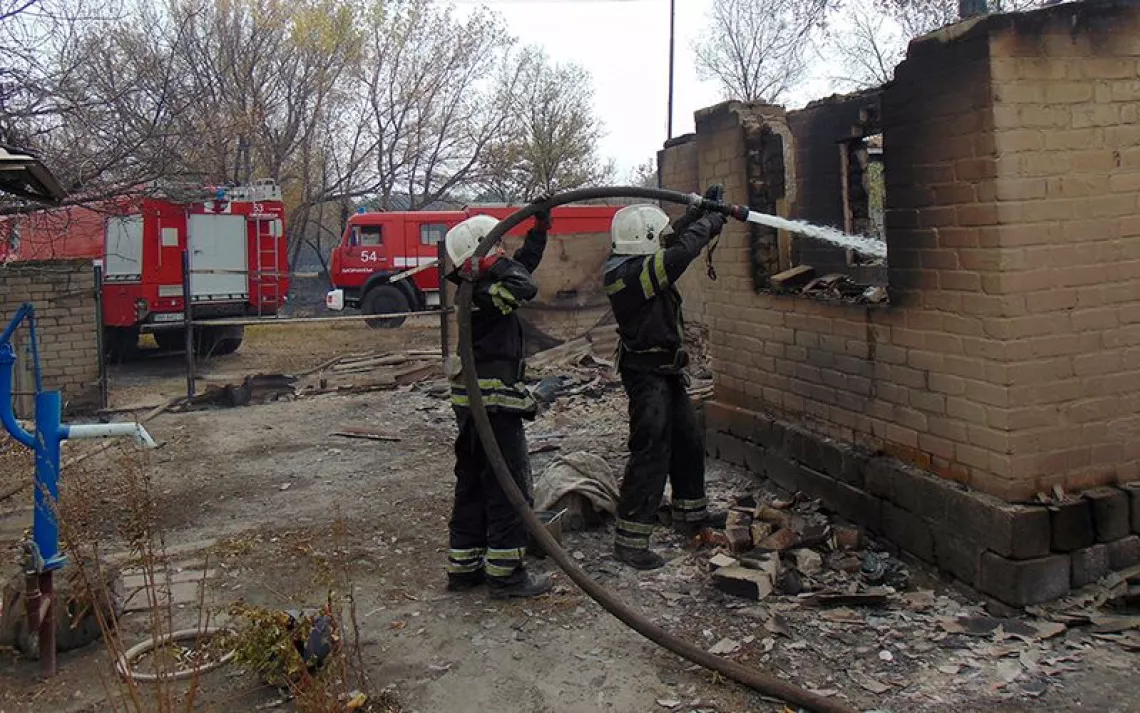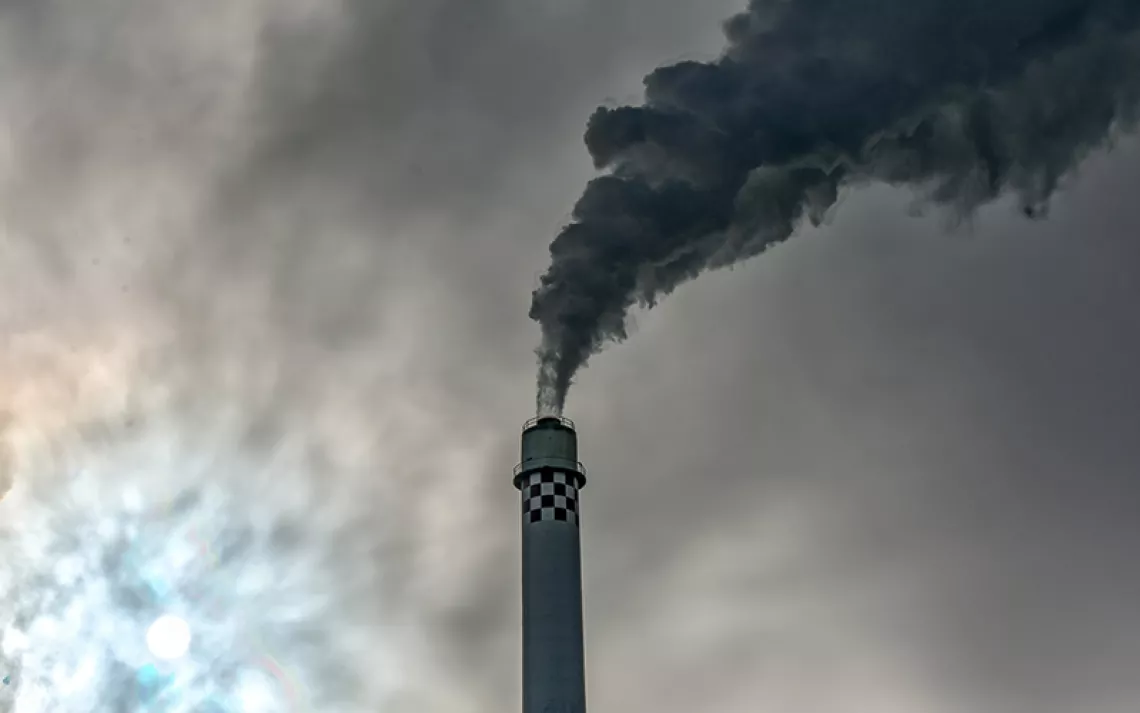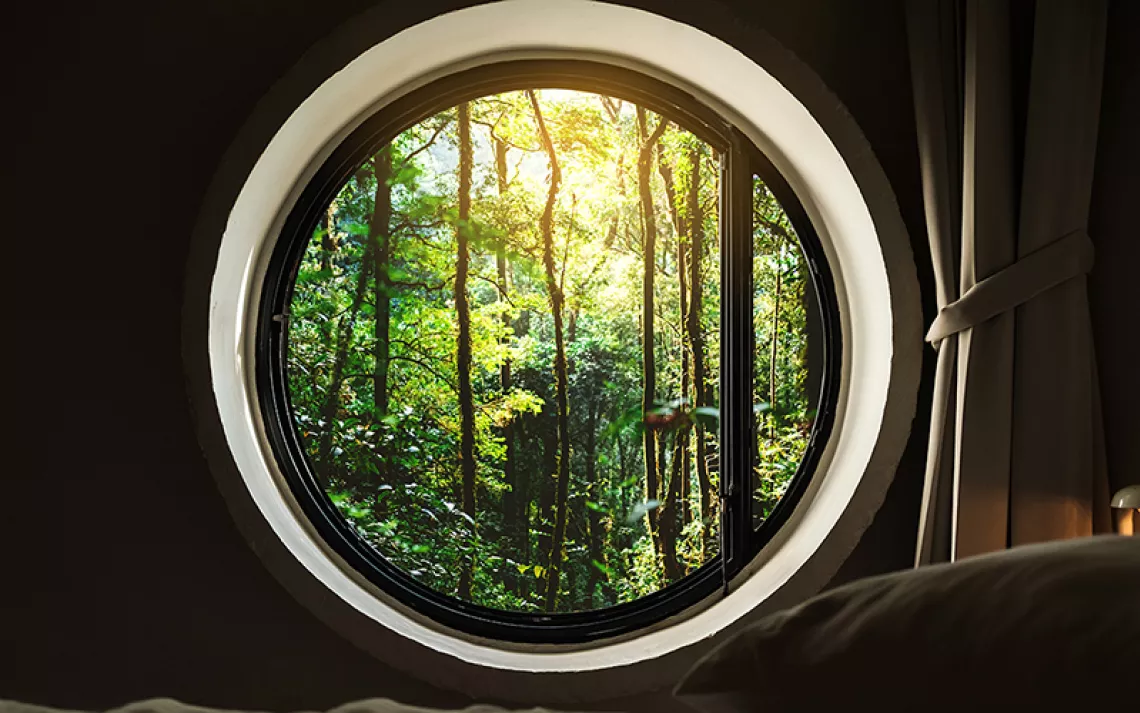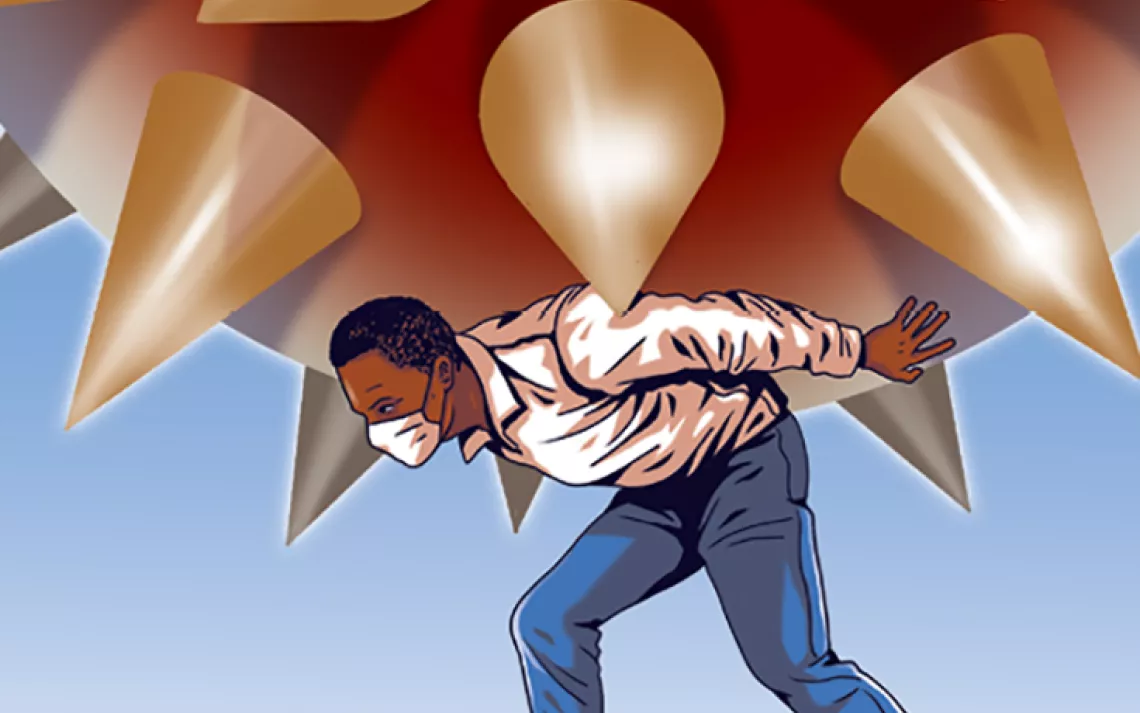Camp in the Time of Coronavirus
Smart ways to do summer camp, plus options for gathering 'round the virtual campfire
It’s hard to imagine a time when parents were ever as eager—and anxious—about sending their kids to summer camp. The coronavirus pandemic and its months of lockdown have fomented a collective sense of stir-craziness among families everywhere—legions of parents struggling to hold down a job, oversee homeschooling, and maintain their sanity are desperate for a break. At the same time, many fear for their children’s safety at camp and wonder whether the risk is worth the reward.
Depending on state and county regulations, plenty of day and overnight camps across the United States have been canceled; many organizers have also chosen to not operate this summer. But others have decided to march on, determined to offer kids and teens the quintessential summer experience that is spending time in nature and bonding with their peers (perhaps around a socially distanced campfire, s’mores in hand) at a time when they need it most.
“Summer should equal outdoor play, and if kids are able to have at least some of that, then their bodies, their subconscious minds, will understand that this will get better, and this will end at some point,” says Paul Dreyer, CEO of Avid4 Adventure, a camp outfitter based in Boulder, Colorado. “And that’s vitally important.”
It’s far from business as usual for camp operators, though. Organizations have been hard at work adapting to the myriad challenges of running camp in a pandemic: how to keep kids properly social distanced (the younger they are, the harder it is), implementing new guidelines for disinfection and health check protocols, and keeping parents informed about how things will look this year.
Never before has safety been so paramount. As part of its online COVID-19 Resource Center for Camps, the American Camp Association, along with the YMCA of the USA, has released its Camp Operations Guide Summer 2020, based on guidelines from the Centers for Disease Control and Prevention. Camp outfitters are incorporating the recommendations into their existing safety guidelines to ensure they are mitigating the risk of transmission and protecting campers, staff, and families as much as possible.
Many organizations also are adapting the format of their camps based on parents’ varying stances on risk. “It’s almost like three categories,” Dreyer says. “Some parents are wanting their kids to get out of the house, but they’re a little bit nervous. An equal number of parents are kicking their kids out of the house, and they have very few worries. We’re also hearing, ‘No way, no how.’”
Based on that feedback, Avid4 Adventure decided to add three new options for camps (in addition to its inherently social distancing five-night Expeditions in Colorado and Wyoming, which will continue unabated this summer), all designed to limit social contact. With Camp at Home, an instructor comes to a neighborhood park or other public spot near the participating group (serving up to four children at a time). Small Group Adventures, meanwhile, are day camps for groups of up to five children that focus on kayaking, SUP, rock climbing, or mountain biking. Finally, Online Camp offers 2.5-hour sessions covering topics like Leave No Trace and campfire cooking, with a list of required materials provided to parents. Dreyer says demand has been high for all programs, and that many in-person camps have waiting lists.

Photo courtesy of Avid4 Adventure
Sarah Murray, executive director for Women’s Wilderness, a Boulder-based nonprofit that specializes in outdoor adventure for girls and LGBTQ youth, also says spaces for its overnight summer camp programs are “filling up faster than ever.” Murray and her colleagues have been busy implementing CDC and other government guidelines and working closely with a physician and mental health expert to develop the camp’s own COVID-19 policies and procedures, many of which drill down on how to keep campers safely distanced.
“Sleeping and transportation are the hardest,” Murray says. “We used to rent 12-passenger vans, and that used to be a really important part of the experience, being crammed in together, singing songs, driving to the mountains. Now we’re looking at renting a school bus and keeping it two-thirds empty. Costs go up and experiences change, but it’s just what you have to do.”
Even with all the challenges, Murray emphasizes the importance of continuing to hold camp, especially considering that more than 70 percent of the families Women’s Wilderness serves fall below the federal poverty guidelines. “We know it’s a critical time to support them from a mental and physical health perspective,” she says. “Our focus for this season will be on resiliency.”
Experts suggest that parents who are on the fence about sending their children to camp consider several aspects of their own particular situation. A critical factor: If a high-risk family member is living within the household, it’s probably not advisable. (For excellent additional insight, this post by Emily Oster, a parenting expert and an economics professor at Brown University, is supremely helpful when considering not just summer camps but also other decisions around parental risk assessment.)
In choosing a camp, parents also should not be afraid to ask specific questions about what organizers are doing to keep campers and staff safe. “Ask who are they allowing into camp, what are their ratios of campers to counselors, what are their sanitation policies, what’s the bathroom policy, do [campers] have their own bathroom?” advises Christy Wagnon, senior director of community programs at the YMCA of San Francisco, which is currently offering summer camps to children of essential workers. “If they are monitoring who is coming in and out, if they tell you, ‘We’re doing health checks several times a day,' you’ve got a legit place.”
If you do decide to take the plunge, health experts recommend establishing a new routine for when kids come home from camp: immediately washing hands, removing shoes, and changing clothes, says Shawn Nasseri, a Los Angeles–based doctor and father of three. For an extra layer of precaution, Nasseri recommends a warm shower and rinsing kids’ noses with a saline mist or spray. “This helps to wash away much of what they had been exposed to during the day,” he explains.
If the prospect of all of that sounds daunting, a virtual camp might be the way to go. Of course, screen time in no way replaces actual time in the great outdoors, but parents can take heart knowing that the right program can offer kids a way to stay connected to nature—and even sharpen their skills for their next outdoor adventure. “We’re taking the best possible activities we think are translatable to the online format, like nature-based yoga and art, and outdoor skills like campfire cooking, to build that confidence and empowerment,” Dreyer says. “A lot of kids will hopefully go camping this summer with their families, and after they do an online camp, perhaps they can teach their family what they learned.”
However it happens, virtual or IRL, some kind of camp experience could be the best thing for your children’s well-being this summer—and the sanity of everyone in the household. “The research we have done is what kids love the most about camp is the relationships they make and the sense of achievement, learning something new,” Wagnon says. “If you don’t feel comfortable sending your kid to an in-person camp, there are so many virtual programs to choose from right now. Parents really need to decide what’s right for their family, but there’s something out there for your kid.”
IRL Options for Summer Camp 2020
The Mountaineers, Seattle: Day camps that specialize in mountain climbing, hiking, swimming, and other outdoor activities for kids ages five and up.
Trail Blazer Survival School, Greenville, South Carolina: Weeklong outdoor day and overnight camps for kids ages 10 to 14, teaching skills like fishing, camp cooking, and, true to its name, outdoor survival.
YMCA of the Rockies, Estes Park, Colorado: Open to kids ages three to 18 and to guests staying on property at the YMCA of the Rockies, Camp My Way offers a customized, weeklong camping experience that brings a camp counselor directly to families.
Anne Springs Close Greenway and Recreation Complex, South Carolina: Kids can take their pick of summer fun—hiking, biking, fishing, paddling, and more—on the 2,100 acres of preserved land in this camp, which has been running for more than 15 years.
Virtual Options for Summer Camp 2020
YMCA’s U-Nah-Li-Ya, Green Bay, Wisconsin: This free Camp at Home program with trained staff features daily activities like knot-tying, tent set-up, and camping cooking tips, all via Zoom.
Camp Fire, Des Moines, Iowa: In lieu of its canceled in-person camps, the Curbside Camp offerings provide families with supplies and instructions for each week of camp activities and games.
Happy Camper Live: Fully virtual camp with a wide range of activities, including sports and outdoor adventure photography.
 The Magazine of The Sierra Club
The Magazine of The Sierra Club




